In the digital age, mastering the art of Search Engine Optimization (SEO) is akin to wielding a powerful tool for online success. As businesses strive to carve their niche in the vast landscape of the internet, understanding and implementing effective SEO strategies becomes paramount. Welcome to “SEO Mastery: Unlocking Digital Dominance” – a comprehensive guide to navigating the intricate realm of SEO and propelling your online presence to new heights. In this blog series, we’ll delve into the intricacies of SEO, unraveling its mysteries and equipping you with the knowledge and techniques necessary to ascend the ranks of search engine results pages. From optimizing website content to harnessing the power of keywords and understanding the ever-evolving algorithms of search engines, this series will serve as your roadmap to digital dominance. Join us on this journey as we uncover the strategies and tactics employed by SEO experts, empowering you to harness the full potential of your online presence and emerge as a force to be reckoned with in the digital arena.
Future Trends in SEO: Staying Ahead of the Curve in a Dynamic Landscape
In the ever-evolving world of digital marketing, staying ahead of the curve is paramount to success. Search Engine Optimization (SEO) is no exception. As search engines refine their algorithms and user behaviors shift, it’s crucial for businesses to anticipate and adapt to future trends in SEO. In this blog post, we’ll explore eight key trends that are shaping the future of SEO and discuss strategies to stay ahead of the game in this dynamic landscape.
Voice Search Revolution
Voice search is rapidly gaining popularity thanks to the widespread adoption of smart speakers and virtual assistants like Siri, Alexa, and Google Assistant. Optimizing your content for natural language queries and long-tail keywords can help you capitalize on this trend. Additionally, creating FAQ pages and structured data markup can enhance your chances of appearing in voice search results.
AI and Machine Learning
Advancements in artificial intelligence (AI) and machine learning are transforming the way search engines understand and rank content. Algorithms are becoming increasingly sophisticated at interpreting user intent and delivering relevant results. To stay ahead, focus on creating high-quality, relevant content that provides genuine value to your audience. Additionally, utilize AI-powered tools for keyword research, content optimization, and performance tracking to gain a competitive edge.
Mobile-First Indexing
With the majority of internet traffic now coming from mobile devices, Google has shifted to mobile-first indexing, prioritizing the mobile version of websites for ranking and indexing. To thrive in this mobile-centric landscape, ensure that your website is optimized for mobile devices with responsive design, fast loading times, and intuitive navigation. Mobile-friendliness is no longer optional—it’s essential for SEO success.
Video SEO
Video content continues to surge in popularity across social media platforms and search engines. Optimizing your videos for SEO can help you attract more organic traffic and improve your visibility in search results. Focus on creating engaging, relevant video content that resonates with your target audience, and optimize your titles, descriptions, and tags with relevant keywords. Additionally, transcribe your videos to make them more accessible to search engines and users alike.
Featured Snippets and Zero-Click Searches
Featured snippets, also known as “position zero,” have become increasingly prominent in search results, providing users with quick answers to their queries without the need to click through to a website. To optimize for featured snippets, focus on providing concise, informative answers to commonly asked questions in your niche. Structured data markup and optimizing for long-tail keywords can also improve your chances of appearing in featured snippets and capturing valuable real estate on the search engine results page (SERP).
Content is King: Crafting SEO-Optimized Content that Reigns Supreme
In the realm of digital marketing, one phrase reigns supreme: “Content is King.” Indeed, the quality and relevance of your content can make or break your online presence. But in the competitive landscape of the internet, it’s not just about creating great content—it’s about ensuring that your content is optimized for search engines to reach its full potential. In this blog post, we’ll explore eight strategies for crafting SEO-optimized content that not only captivates your audience but also ranks high in search engine results, solidifying your reign as the king of content.
Understand Your Audience
Before you start crafting content, it’s essential to understand your target audience inside and out. Conduct thorough research to identify their needs, interests, pain points, and search behaviors. By gaining insight into what your audience is searching for, you can tailor your content to address their specific queries and provide valuable solutions.
Conduct Keyword Research
Keywords are the foundation of SEO-optimized content. Utilize keyword research tools to identify relevant keywords and phrases that align with your audience’s search intent. Look for long-tail keywords and low-competition opportunities to maximize your chances of ranking higher in search results. Incorporate these keywords strategically throughout your content, including in titles, headings, meta tags, and body copy, while ensuring a natural flow and readability.
Create High-Quality, Engaging Content
Quality always trumps quantity when it comes to content creation. Focus on producing high-quality, engaging content that resonates with your audience and provides real value. Whether it’s blog posts, articles, videos, infographics, or podcasts, prioritize substance over superficiality. Aim to educate, entertain, inspire, or solve problems for your audience, and they’ll be more likely to engage with and share your content, signaling its relevance to search engines.
Optimize On-Page Elements
Optimize the on-page elements of your content to improve its visibility and relevance to search engines. This includes optimizing title tags, meta descriptions, headings (H1, H2, H3), URL structures, and image alt text with relevant keywords. Use descriptive, keyword-rich language that accurately reflects the content of your page and entices users to click through from search results.
Structure Your Content for Readability
Structure your content in a way that enhances readability and user experience. Break up your content into digestible sections with descriptive headings and subheadings. Use bullet points, numbered lists, and short paragraphs to make your content easier to scan and navigate. Incorporate multimedia elements such as images, videos, and infographics to enrich your content and keep your audience engaged.
Local SEO: Putting Your Business on the Map for Local Customers
In today’s digital age, local search is more important than ever for businesses aiming to attract nearby customers. Local SEO (Search Engine Optimization) is the key to ensuring that your business appears prominently in local search results, putting you on the map for local customers. Let’s delve into the essential key points of local SEO to help your business thrive in your community.
- Google My Business Optimization: Claim and optimize your Google My Business listing with accurate business information, including your name, address, phone number (NAP), business hours, and category. Encourage satisfied customers to leave positive reviews to boost your credibility and visibility in local search results.
- Local Keyword Targeting: Conduct keyword research to identify local keywords and phrases that potential customers in your area are using to search for products or services like yours. Incorporate these keywords strategically into your website content, meta tags, and local business listings to improve your local search visibility.
- NAP Consistency: Ensure consistency of your business name, address, and phone number (NAP) across all online platforms, including your website, social media profiles, local directories, and review sites. Consistent NAP information helps search engines verify the legitimacy and relevance of your business, improving your local search rankings.
- Local Citations and Directories: Get listed in online local directories, industry-specific directories, and review sites relevant to your business niche and location. These citations help boost your online presence, build authority, and increase your chances of appearing in local search results.
By implementing these key strategies, you can enhance your local SEO efforts and put your business on the map for local customers.
Conclusion
At Rank Fortress, we understand that mastering SEO is paramount in unlocking digital dominance. Through our expertise and strategic approach, we empower businesses to navigate the ever-evolving landscape of online visibility. As a primary location in the USA, we recognize the significance of harnessing SEO techniques to enhance brand presence and drive sustainable growth. By prioritizing innovation and tailored solutions, we remain committed to equipping our clients with the tools necessary to thrive in the competitive digital realm.

